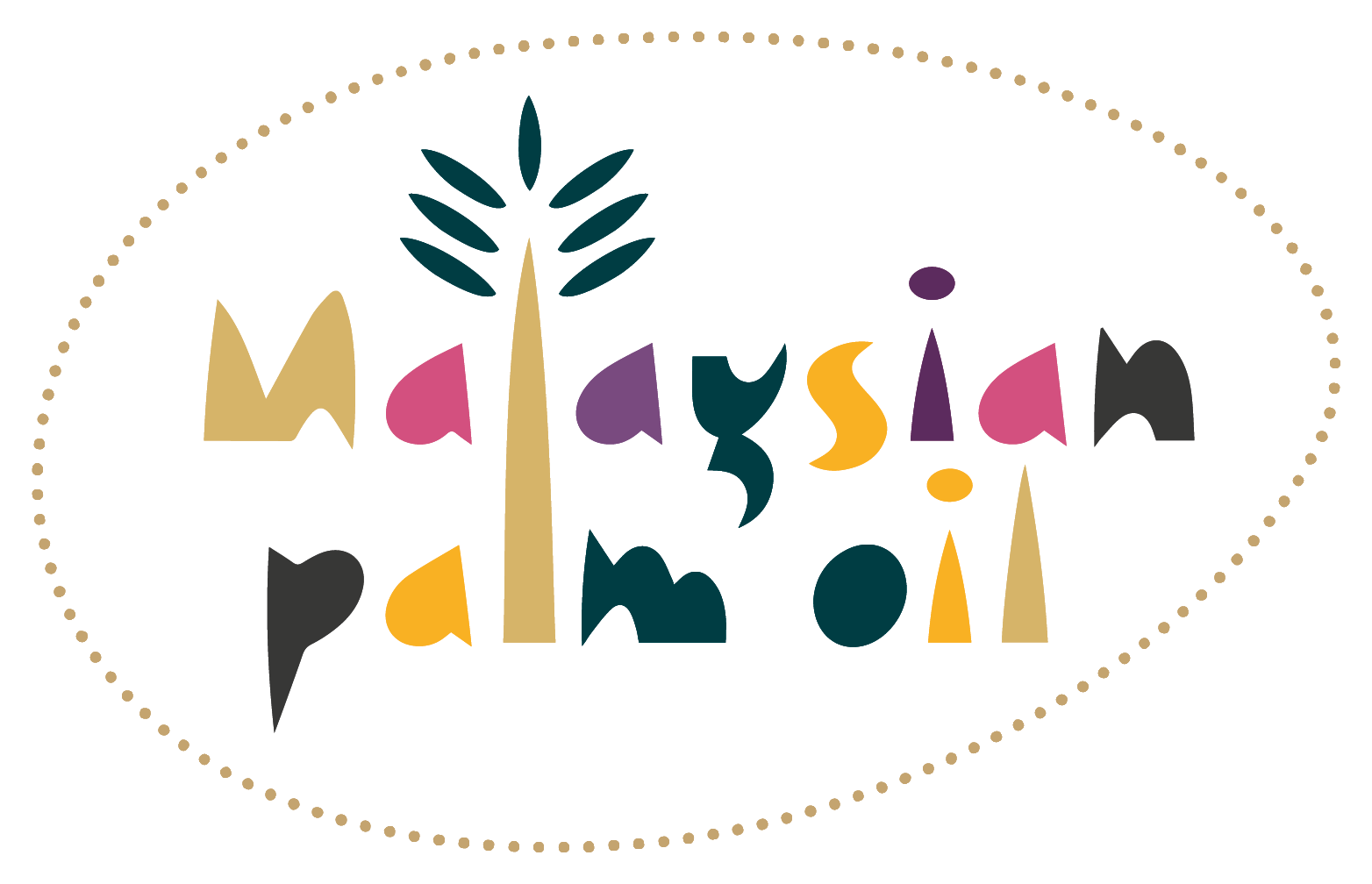The Financial Times reports that EU officials are preparing to delay a key element of the EU Deforestation Regulation (EUDR), following pushback by Malaysia and other developing nations – led by Prime Minister Anwar Ibrahim, who in 2023 called for the EU to revise the EUDR, saying, âthe EU (European Union) should show some sort of appreciation. At least give recognition and recognise the efforts by Malaysiaâ.
The Prime Ministerâs comments were echoed in recent weeks by Plantation and Commodities Minister Johari Abdul Ghani who responded to a recent WTO ruling that proved EU discrimination against Malaysian palm oil, saying âThis ruling from WTO demonstrates that Malaysiaâs claims of discrimination are indeed justified. This vindicates Malaysiaâs pursuit of justice for our biodiesel traders, companies and employeesâ.
Malaysia has set out clearly the case against EUDR for almost two years, now. In particular, concerns that EUDR rules would disadvantage Malaysiaâs hundreds of thousands of small farmers. Overall, Malaysian exporters already have in place the tools to comply with strict deforestation criteria. The Malaysian Sustainable Palm Oil (MSPO) certification standard guarantees no deforestation and good agricultural practices, and can meet standards set in the EU, and anywhere else.
The concerns around small farmers are important, however. Thirteen other developing nations joined Malaysia in this effort, writing a letter directly to EU leaders in 2023. India, Brazil and others wrote that the EUDR was âdiscriminatoryâ, âburdensomeâ and âimpracticalâ.
The information reported by the Financial Times suggests that these voices may, belatedly, have been listened to. The proposed âHigh Riskâ and âLow Riskâ designations are the elements being delayed. The proposal in EUDR was that different countries would be given different designations, with âHigh Riskâ countries subject to higher costs, more checks, and generally more burdens, in addition to the reputational damage. This now reportedly will not be included in EUDR as of the implementation deadline of December 31st 2024. All other elements of the EUDR appear to be proceeding, for now.
This is a welcome development. The âHigh Riskâ label had no evidence base and no clear process set out. Countries such as Malaysia â that has a proven sustainable track record, an internationally-accepted certification standard, and clear data demonstrating no deforestation â are clearly not high risk, and should not be considered as such.
Two primary questions though remain:
- Firstly, the EU surely can learn from this process: in future, such issues would be avoided if trading partner countries (like Malaysia) were listened to from the start, and their concerns taken seriously. More structured and open dialogue in future on regulations and rules, could improve the EU-Malaysia relationship and prevent a similar scenario occurring.
- Secondly, what happens next? The remainder of the EUDR has multiple concerns, as raised by Malaysia and others. The EU has accepted that Malaysiaâs arguments about the âHigh Riskâ proposal were justified. Malaysia continues to make similar arguments in relation to traceability requirements, such as the demand for small farmers to measure âpolygonsâ via unworkable technology that violates privacy and interferes with the sovereignty of the state â and also an unworkable definition of deforestation.
It can only be hoped that the rumoured delay to the âHigh Riskâ element is true, and that Brussels will begin to take seriously the concerns around polygons and other issues, as well. If they do not, the first few months of 2025 will see a supply crunch, small farmers losing income and livelihoods, and price rises in European markets â including for coffee, cocoa, baked goods, and many more.
If the delay on âHigh Riskâ is real, this is welcome. If it is only a one-off then it will not address the larger concern. Rather, this should be a watershed moment to change the EUâs approach to its entire deforestation strategy. If it does so, the positive impact on EU relations with Malaysia and other developing nations, will be obvious for all to see.
